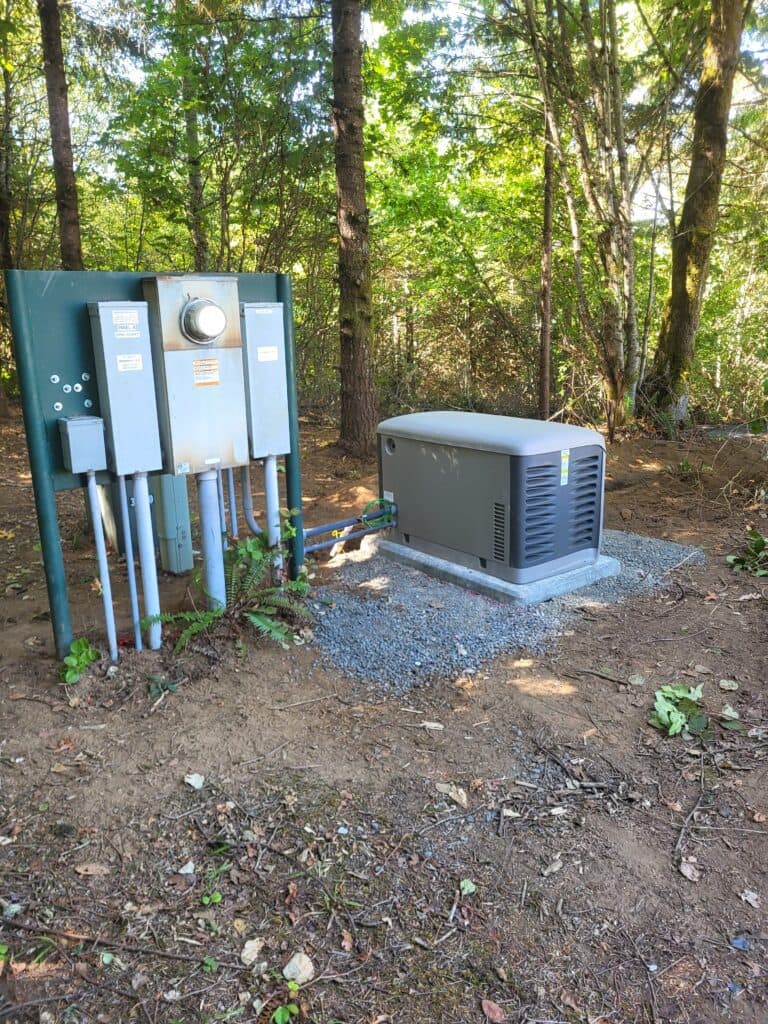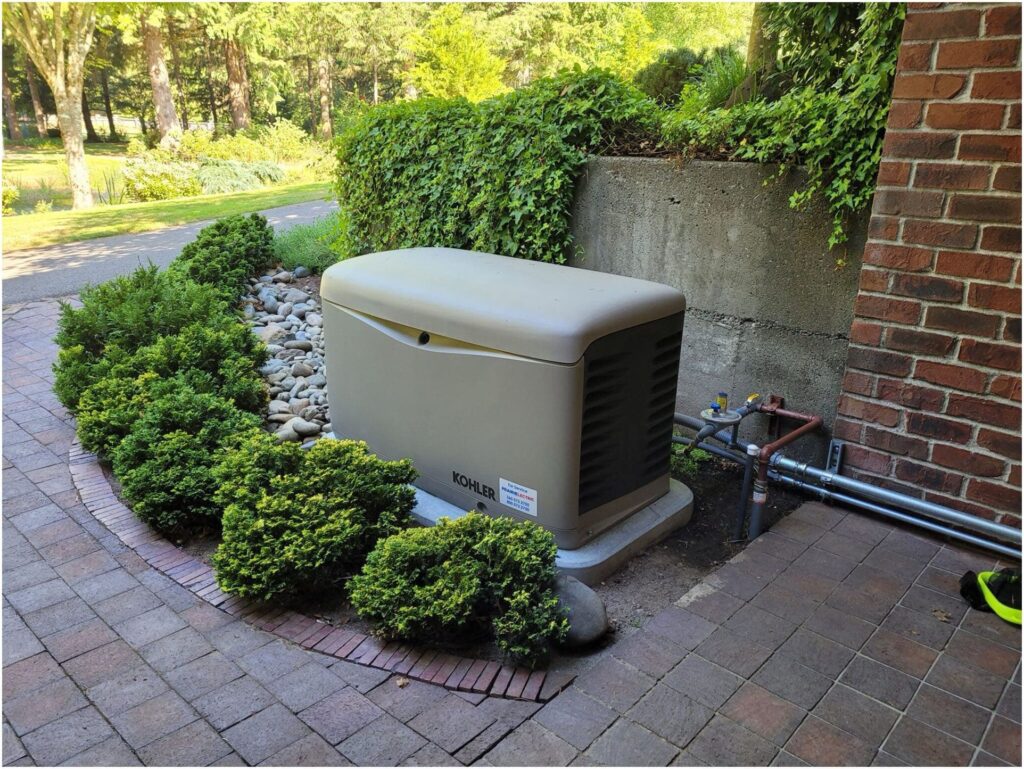Backup Generator Installation
Reliable backup generator installation, ensuring uninterrupted power for your home during outages with customized solutions.
Safe, Reliable Backup Power
Power outages can be inconvenient and sometimes even hazardous. Without electricity, your home loses critical functions, from lighting and heating to powering essentials like medical devices and refrigeration.
Prairie Electric provides dependable solutions to ensure uninterrupted power for your home. Whether you need power for a few essential systems or a solution for your entire home, we customize each installation to match your specific needs.
Our skilled electricians handle all aspects of residential backup power, including new generator installations, service, repairs, and ongoing maintenance.

The Ideal Generator for your Home
As a certified Kohler generator dealer, we offer high-quality backup systems that keep vital appliances and systems running during power disruptions. Our experts will help you select the right generator model based on the size and needs of your home, providing peace of mind and consistent power.

Get Started
Making the world move through the flip of a switch is our passion, and we want the opportunity to quote your next project.
Get StartedResidential Generator Installation
With decades of experience, Prairie Electric is the trusted backup power expert for homeowners across Vancouver, NE Portland, Ridgefield, Tri-Cities, and nearby areas. We assess each home’s unique needs to create a solution that fits perfectly with your setup.
When planning a generator installation, we take into account:
- The condition of your existing power system
- Critical systems that require backup power
- Placement considerations like noise, exhaust, and proximity to your utility panel
Our goal is to provide a seamless, customized generator solution that aligns with your home’s power requirements.
Certified Maintenance Programs
Alongside installation and replacement, Prairie Electric offers maintenance programs to keep your generator in top condition, ready for any weather emergency.
Our Certified Maintenance Programs include:
- Annual and semi-annual inspections
- Monthly performance tests
- Tune-ups to help extend the generator’s lifespan and reliability
Count on Prairie Electric to keep your home prepared for any power emergency with expert installation and ongoing support.